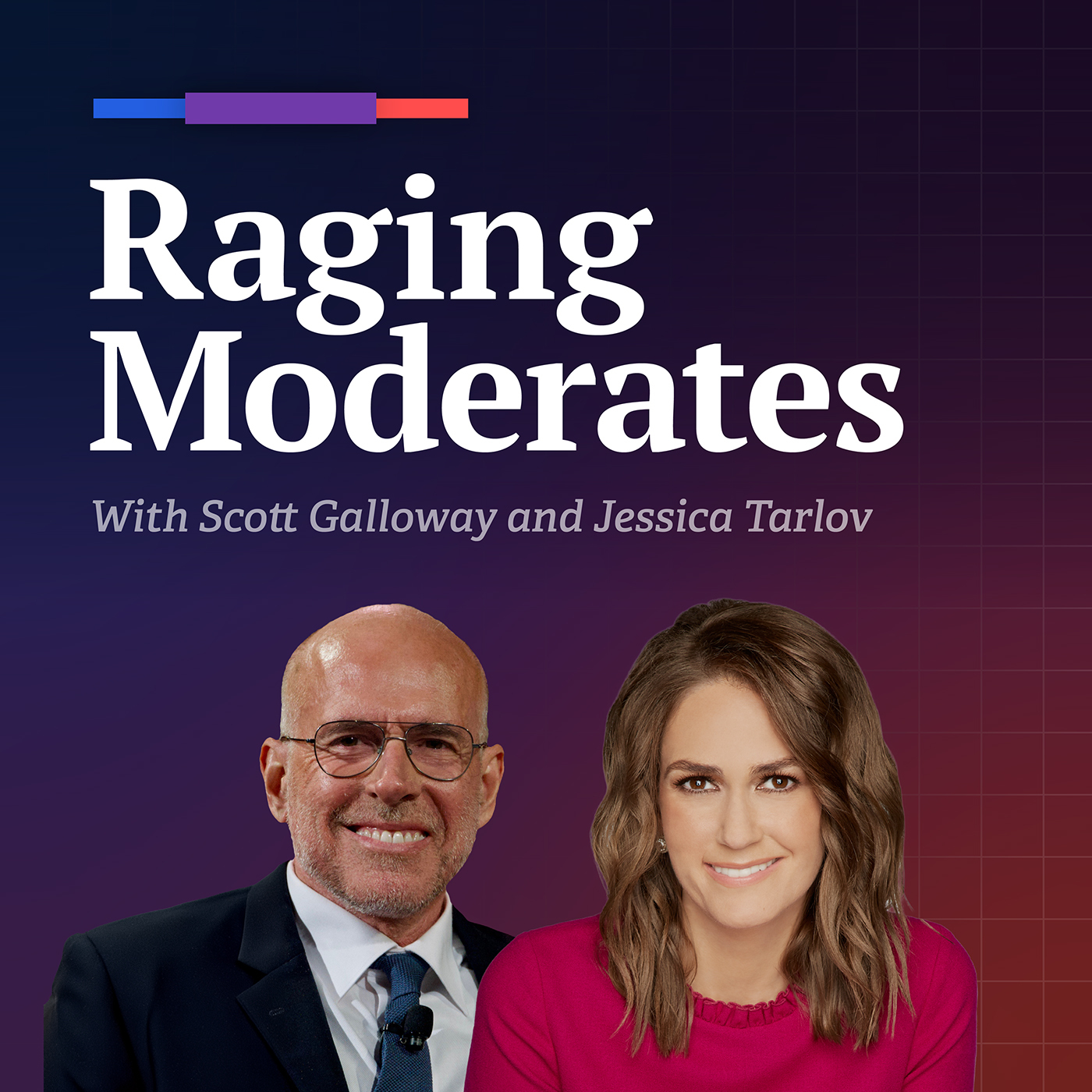Justin Wolfers, professor of public policy and economics at the University of Michigan, joins the show to break down the GOP tax bill, weigh in on the economic ...
In today’s episode, Scott tackles America’s widening income gap and what it reveals about our priorities. He offers perspective to a 20-something weighing ...
Ed breaks down how a “golden share” helped seal Nippon Steel’s $14 billion takeover of U.S. Steel, and explains why the Fed chose to hold interest rates ...
Sam Harris, a neuroscientist, philosopher, bestselling author, and host of the Making Sense podcast, joins Scott to discuss the collapse of trust in ...
Ed breaks down why homebuilder sentiment fell in June and takes a look at the growing tensions between OpenAI and Microsoft. He and Scott then unpack why ...
Scott and Jessica unpack the rapidly escalating war between Israel and Iran under Trump’s leadership. As civilian casualties rise and Trump teeters on the edge ...
Ed takes a look at how oil prices reacted to the conflict between Israel and Iran, why Meta is bringing ads to WhatsApp, and how crypto platform Tron plans to ...
Scott and Ed unpack Google’s voluntary employee buyouts and explain why they could drive away top talent. They then discuss the fallout from the Air India ...
Scott shares his take on how traditional U.S. allies should navigate the Trump era — and what might come after. He then offers advice for managing nerves ...
Dan Senor, a leading expert on Israel and the Middle East, joins Scott in an emergency episode to discuss the dramatic escalation between Israel and Iran. ...
As read by George Hahn. https://www.profgalloway.com/stream-on-25/ Learn more about your ad choices. Visit podcastchoices.com/adchoices
Kathryn Anne Edwards, PhD economist and Bloomberg News columnist, joins the show to unpack the latest jobs report and what it reveals about the state of the ...
Scott responds to a listener struggling with the return to five-day office life after years of working remotely. He then tackles a frank question: What advice ...
Ed breaks down the new U.S.-China trade deal framework, explains what the May CPI report signals about the economy, and unpacks why Tesla is once again pushing ...
Barry Diller, a businessman known for his influential roles in media and entertainment and also the chairman and senior executive of IAC, joins Scott to ...
Ed takes a look at new World Bank data projecting that U.S. economic growth will be cut in half this year, breaks down what went wrong with JM Smucker’s ...
Scott and Jessica talk about the protests in California sparked by ICE raids, and the White House’s decision to deploy Marines and National Guard members in ...
Ed takes a look at Warner Bros Discovery’s move to split into two companies, breaks down the highlights from the opening day of Apple’s Worldwide Developers ...
Scott and Ed break down Reddit’s lawsuit against Anthropic, the controversy surrounding the new $TRUMP-branded crypto wallet, and why Warner Bros. Discovery ...
Follow Prof G Markets: Apple Podcasts Spotify Scott and Ed break down Reddit’s lawsuit against Anthropic, the controversy surrounding the new $TRUMP-branded ...
- « Previous Page
- 1
- …
- 17
- 18
- 19
- 20
- 21
- …
- 61
- Next Page »










